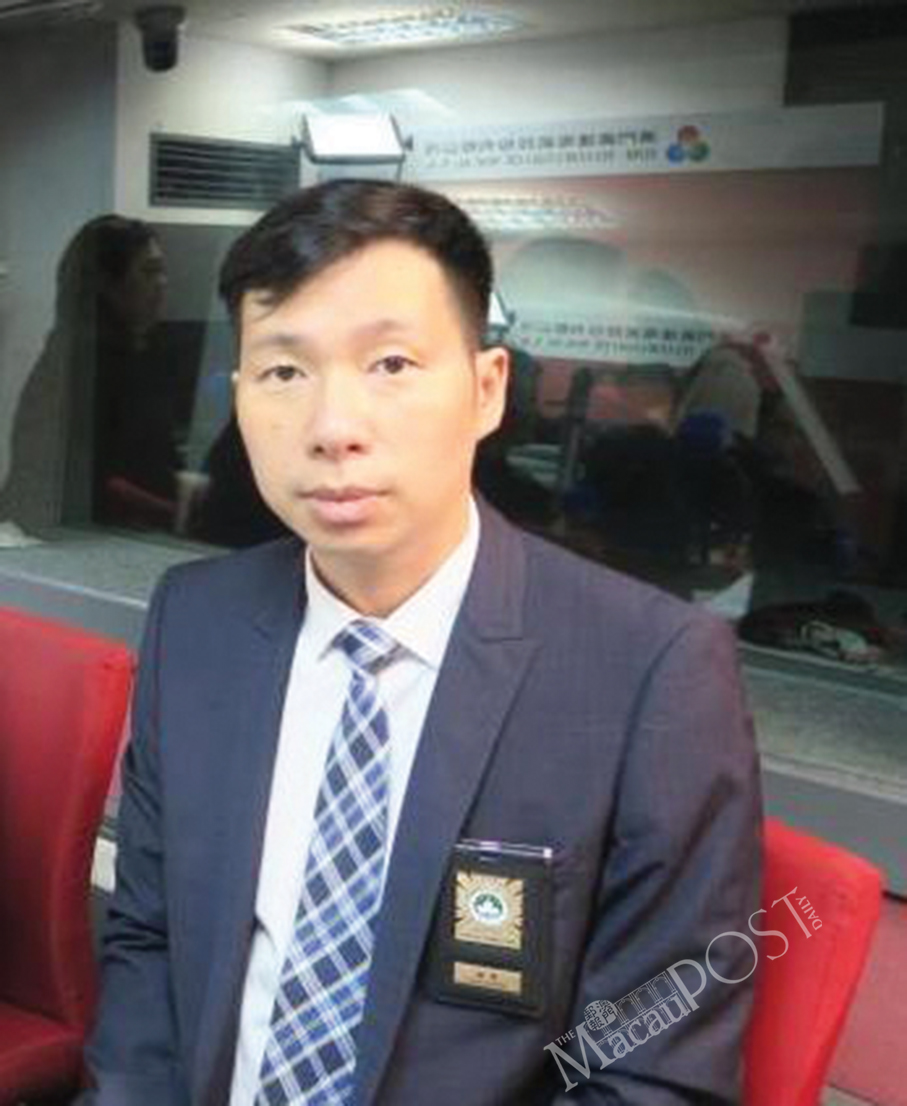IT Crimes Division of the Judiciary Police (PJ) Chief Lon Hon Wai said yesterday that in the first two months of this year some 40 percent of phone scam victims were university students, most of them from the mainland.
Lon made the remarks while attending a current affairs phone-in programme hosted by Ou Mun Tin Toi, the Chinese-language radio channel of public broadcaster TDM.
Meanwhile, the Judiciary Police told The Macau Post Daily yesterday that usually the victims’ phone numbers were randomly dialled by the scammers, but in some cases the police could not rule out that the victims had revealed their personal information online, stressing that all members of the public should protect their information when using social media and online platforms.
Lon told the phone-in programme that there has been a sharp increase in the number of online scams since 2019, with a total of 73 online scam cases during the first two months of the year, which is about the same as the same period last year, with the victims suffering a total loss of 13 million patacas.
Meanwhile, Lon added, phone scams had a fourfold increase over the same period last year, with 39 cases during the first two months of this year, most of which were “fake police” scams – scammers often falsely claim that the victim is involved in a criminal case, after telling the victim that he or she is undergoing an “investigation”. The fraudsters then are able to “see” the victim’s online bank account password with the use of communication software, causing the victim’s bank account to be emptied by the scammer – resulting in a total of 6.2 million pataca loss for the victims during the first two months of this year.
According to Lon, between January and February most of the phone scam victims were female, and more than 40 percent of them were university students, most of them from the mainland.
Lon said this was a cause for concern, which he attributed to the cultural differences between local and mainland students, as well as the fact that students from the mainland tend to be preoccupied with exams and, therefore, do not receive enough scam prevention information in Macau.
Community Policing and Public Relations Division of the Judiciary Police (PJ) Chief Chiu Chu Wai Man told the phone-in programme that in response to the recent wave of phone scams experienced by university students, the police had held emergency meetings with local higher education institutions, and whenever there were suspected scam cases affecting students, the police contacted them in person to try to stop the fraudulent remittances.
Meanwhile, Chiu said, the police will also hold meetings with small groups of students in university halls, with the aim of getting in close contact with them and preventing them from being scammed.
If a person tries to remit 30,000 patacas or more to an overseas account from an online bank, Lon noted, an alert message will pop up in the online bank app, with a video introducing various scam tactics, so as to raise the public’s awareness of scam prevention. Lon said this new measure started in October. Previously, only traditional bank counters offered the alert, a practice which began in 2019.
Lon added that this measure had successfully prevented 130 suspicious transactions involving 17 million patacas since October.
Bank of China (BOC) Macau Branch Compliance and Internal Control Director Chen Yanru told the phone-in programme that the police and local banks have set up a mutual notification exchange mechanism where the police pass on information about suspicious scammer accounts to the banks so that they can try to dissuade users when they try to transfer money to suspect accounts. Chen added that the banks inform the police about each dissuasion case.
The Judiciary Police told The Macau Post Daily yesterday that anyone who suspects that they might have been scammed should call the police on 993 as soon as possible, so that there might still be a chance that the money won’t have been transferred to the scammers’ overseas accounts, in which case the police would advise the respective bank to trigger an emergency payment stoppage, so that the money can still be recovered.
In addition, Lon underlined that the police have received reports from the elderly in recent months that they have been confronted with “guess who I am” phone scams, where the caller claimed that the victim’s family member was involved in disputes, injuries, or accidents, therefore asking for “compensation to resolve the issue”.
The Judiciary Police also told The Macau Post Daily yesterday that as the scammers’ tactics continue to improve, they can spoof a mobile phone number so it will look just like a normal local phone number – a normal local mobile phone number is an eight-digit number starting with a 6 – which can confuse the public into believing that it is a “normal” phone call, rather than some numbers with a “+00” that can be easily distinguished as being from a place outside of Macau.

Judiciary Police (PJ) IT Crimes Division Chief Lon Hon Wai addresses yesterday’s phone-in programme hosted by public broadcaster TDM’s Chinese-language radio channel.
– Photo courtesy of TDM






